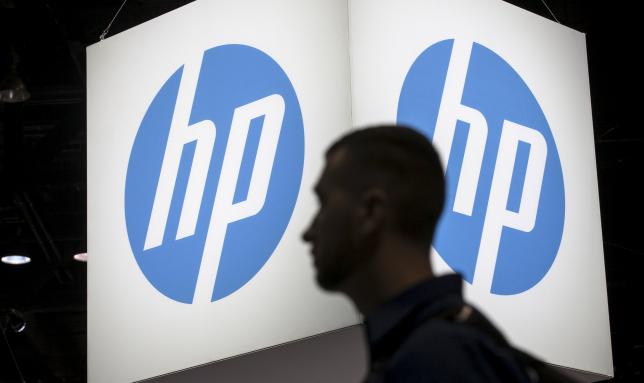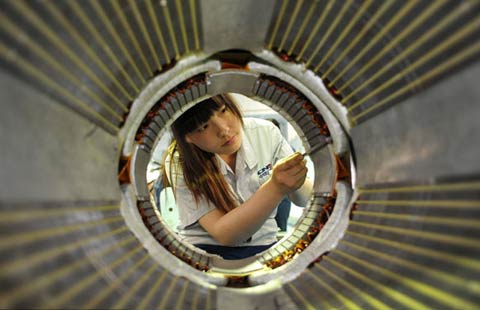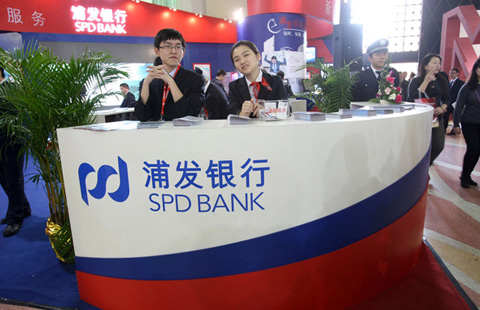China's Unigroup says wins bid to buy 51% stake in HP unit
(Agencies) Updated: 2015-05-20 09:06
|
 |
|
An attendee at the Microsoft Ignite technology conference walks past the Hewlett-Packard (HP) logo in Chicago, Illinois, May 4, 2015.[Photo/IC] |
Hewlett-Packard Co has agreed to sell a controlling 51 percent stake in its China-based data-networking business, estimated to be worth more than $2 billion (1 billion pounds), to Tsinghua Unigroup, a spokesperson for the Chinese private equity fund's parent company said on Tuesday.
Li Zhongxiang, a spokesman for state-backed Tsinghua Holdings, which controls Tsinghua Unigroup, did not disclose the value of the deal but said he expected it to be clinched soon. A person familiar with the matter said an announcement could be made as soon as Thursday.
A Hewlett-Packard spokesperson in Singapore declined to comment. If the deal is confirmed, Unigroup would have pipped another state-backed firm, China Huaxin Post and Telecommunication Economy Development Centre that had also sought to acquire the unit, which makes routers and switches for corporate customers.
Huaxin is still waiting to hear from HP about its decision, a spokesman for the Shanghai-based firm said.
Under Chinese regulations, the National Development and Reform Commission (NDRC) must approve outbound investments worth more than $2 billion or which are in sensitive industries - which could apply to the server and networking equipment sector where the government is looking to develop its domestic industry amid fears of foreign cyber spying.
HP has previously valued the unit, H3C Technologies Co, at $5.5 billion and had sounded out around 10 Chinese prospective buyers since putting it on the block a year ago, people knowledge of the matter have told Reuters.
Both Unigroup and Huaxin have closed significant cross-border technology deals in recent years, with Huaxin buying an 85 percent stake in Alcatel-Lucent's enterprise computing business, and Unigroup receiving a $1.5 billion investment from Intel Corp.
Western tech companies have struggled for customers in China after former US National Security Agency contractor Edward Snowden's revelations of cyber spying programs involving US firms. Many of these Western companies are now seeking local partners or selling off assets altogether to Chinese buyers.
- China's Hanergy shares plunge nearly 50%, trade halted
- AIIB founding members to vie for power at Singapore meeting
- Hit on the rail: Fast speed and steady hands
- Brazilian mining giant Vale signs MoUs with Chinese firms
- Easier bond rules may boost investment
- Foreign tech firms launch R&D centers in wider range of cities
- UN report predicts modest global economic growth
- Wine, liquor sales start flowing again

















